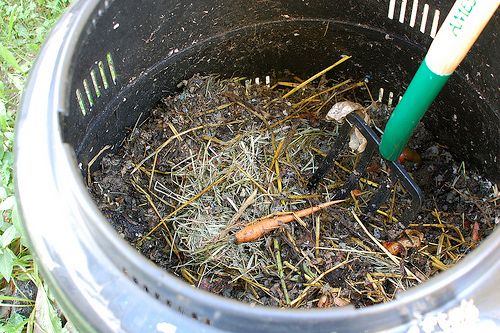
Composting is the original earth (and garden) friendly practice, yet false information can be hard to kill. Let’s put some of the top misconceptions to rest once and for all, shall we?
The “Composting Is Complicated” Myth
Everyone knows that creating good soil is all about daily measuring (math) and memorizing the carbon-to-nitrogen (science) on every organic thing you toss into the pile right? Wrong. You don’t have to do a single calculation to create some gorgeous compost of your own. Just remember to add roughly the same amount of carbon materials as you do nitrogen materials (50/50) — and that’s it. Promise.
The “Composting Takes a Lot of Time and Effort” Myth
You’re going to have to add that compost pile to your daily chore list to keep it hot and breaking down. Ummmm…no. The truth is that I’m a fairly lazy composter. I certainly don’t work hard at it, and yet I have a ton if it. I pile up my half carbon-half nitrogen organic materials; mix ’em up; wet the pile through so that it resembles a damp sponge; and turn it once in a while. Nature does the rest. (Scout’s honor)
The “You Need a Lot of Land to Compost Correctly” Myth
This myth is just silly. All you need is a 3’x3’x3′ space to set up your pile. Even people who live in apartments and condominiums are perfectly capable of pulling this off. You might also use a small tumbling bin, a plain garbage can with air holes, or a vermicomposting (worm bin) system.
The “Compost Piles Smell Bad” Myth
I’ve been composting for years and years and my compost piles have never smelled — at least not for long. For this issue the remedies are so simple that you almost have to try to create a bad-smelling pile. It doesn’t take much to keep your pile as nature intended; fresh-smelling like the forest floor.
It’s entirely possible to put ingredients together in such a way that bad bacteria is encouraged to move in leaving a bad odor. Smelly piles are usually the result of too much nitrogen (such as a very thick layer of grass clippings). This is remedied by either adding some carbon (paper or leaves) or by simply turning the pile over to let more air circulate.
Or it could be that someone added meat or dairy waste to the compost pile (a no-no). In this case, simply remove the meat or dairy products. Another reason for unpleasant odors is if the pile is getting sopping wet. Too much water makes the pile “anaerobic”, which is again about adding some browns and then aerating the pile.
The “Composting Is Expensive” Myth
Yes, there are fancy (pricey) compost bins out there, but the good news is that you don’t have to purchase any kind of compost bin. Build it on the bare earth, out in the open or within the confines of wooden pallets or other materials. In fact, your pile will break down faster when it’s touching the earth because the microbes are quickly introduced into the pile.
The “You Need to Add Special Compost Activators or Starters” Myth
Once again, commercial compost pile “activators” are available for purchase for those who feel they’ll get a jump start by adding them. But in no way is this a necessity and I never bother with it. Materials that activate compost naturally is rabbit food (alfalfa pellets) or leftover compost from a previous pile. In fact, the best way to get a pile breaking down quickly is to start the new a compost pile in the same place that you had the previous one!
The “A Compost Pile Attracts Animals” Semi-Myth
Okay, I’m going to give you this one — for the moment. Animals certainly can become attracted to your pile. But there are ways around this: If dairy products, meat, fat, and other food waste are added to the pile, then rats, raccoons, dogs, and stray cats will figure it out and hang around looking for some Friday night takeout.
On occasion even vegetable or fruit scraps will grab raccoons or even the family dog’s attention. This is why I always suggest that gardeners only add kitchen scraps to enclosed compost bins such as the plastic ones with four sides and a secure lid. My open piles are built using yard waste and nonfood items.
The bottom line is that most of these composting myths are either blatantly false or have just a ring of truth to them. As you’ve seen, almost any composting issue that comes up is easily resolved. So get out there and make more earth!
Fine Gardening Recommended Products
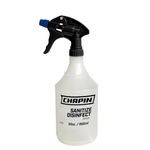
Chapin International 10509 Upside-Down Trigger Sprayer
Fine Gardening receives a commission for items purchased through links on this site, including Amazon Associates and other affiliate advertising programs.
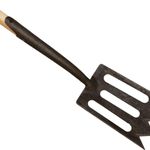
DeWit Spork with Solid Socket
Fine Gardening receives a commission for items purchased through links on this site, including Amazon Associates and other affiliate advertising programs.
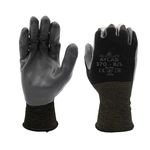
SHOWA Atlas 370B Nitrile Palm Coating Gloves, Black, Medium (Pack of 12 Pairs)
Fine Gardening receives a commission for items purchased through links on this site, including Amazon Associates and other affiliate advertising programs.


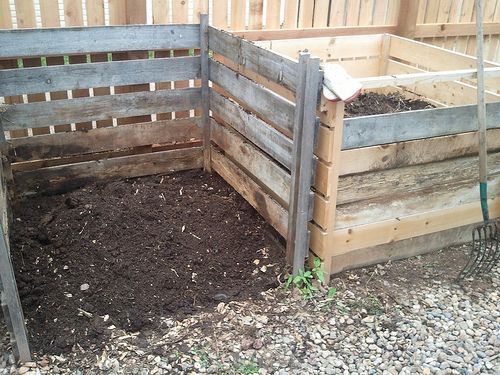
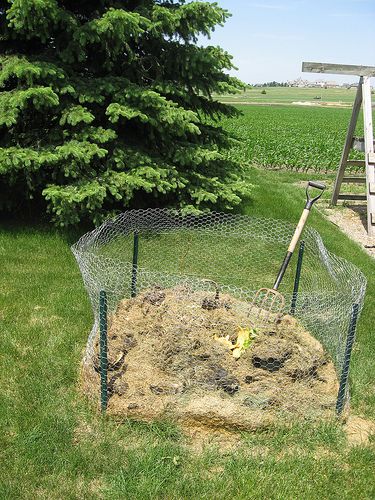


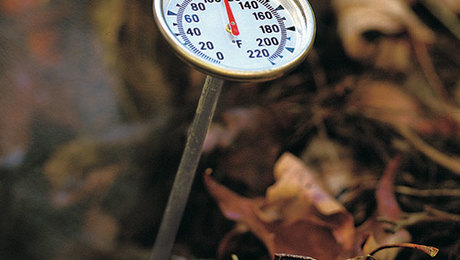

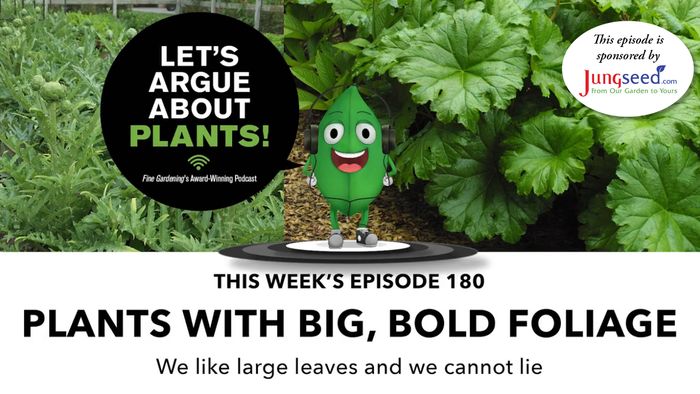
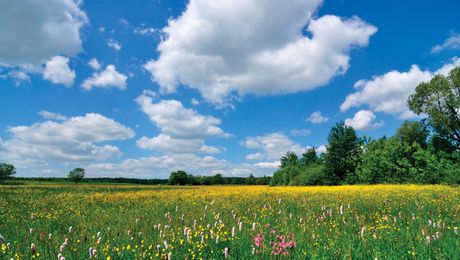
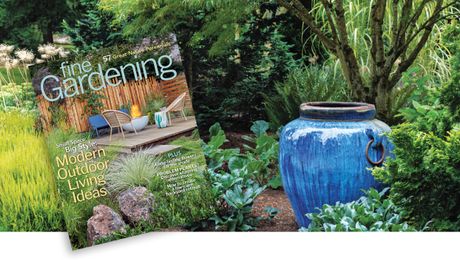










Comments
Log in or create an account to post a comment.
Sign up Log in